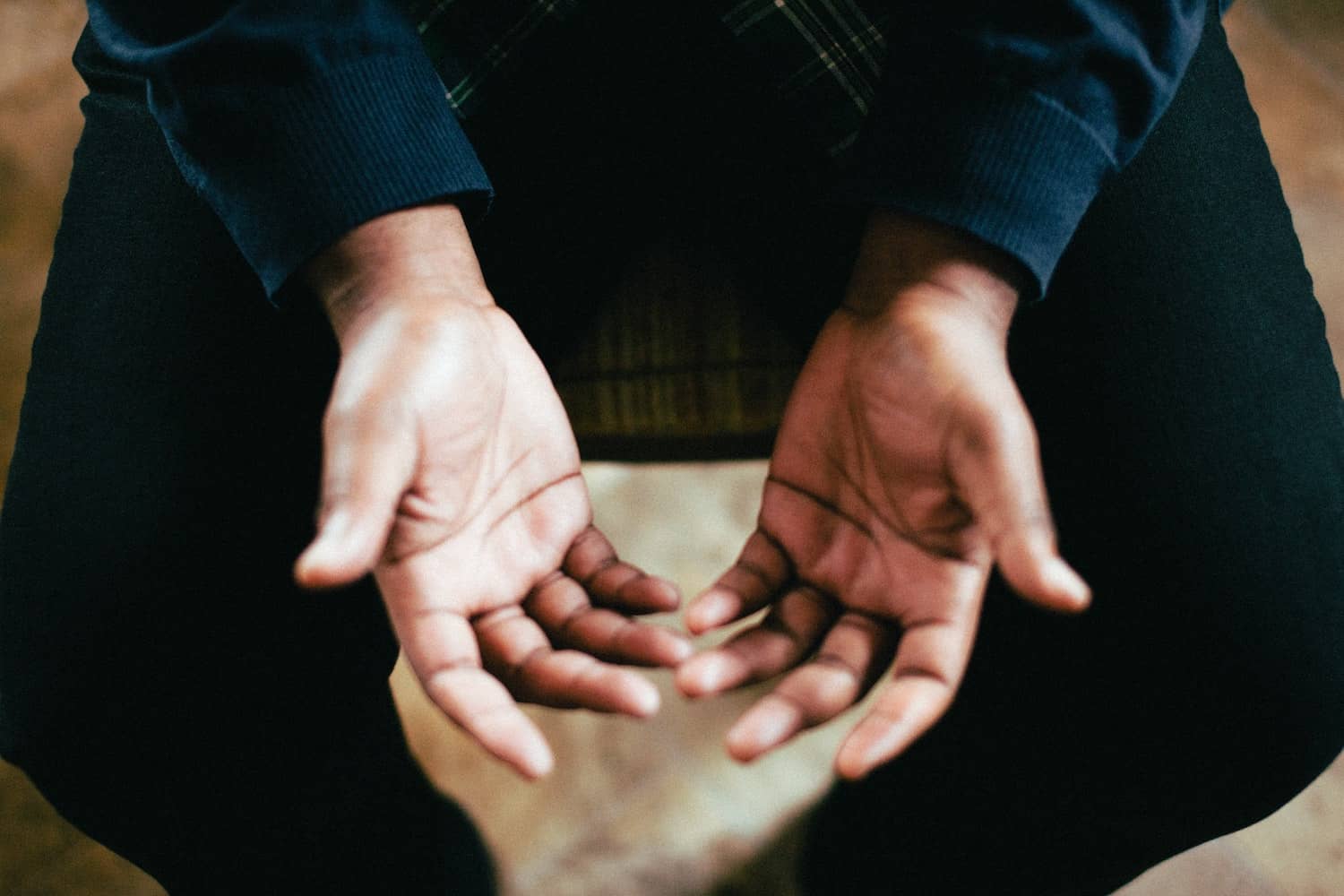In moments of crisis, we tend to step forward, raise our hand, and ask: What can I do to make a difference? This is true for people in general, but especially for those of us who call ourselves Christians.
At its core, Christianity is a religion focused on “one another.” In fact, this phrase occurs nearly 100 times in the New Testament. We are called to do good to all, as we pray for one another, serve one another, honor one another, love one another, forgive one another, bear with one another, and encourage one another (John 13:34, Romans 12:10, Colossians 3:13).
So when things start falling apart–when a pandemic circumnavigates the world–naturally, we are drawn to serve. We want to help, to make a difference, to meet a need. But this becomes challenging when we are told the best thing we can do for our neighbors is never leave our homes. This simply does not fit within our definition of helping. It goes against everything we think we must do to actually serve.
In the midst of the quarantine, I’ve found myself considering the story of the Good Samaritan. The story of two religious men avoiding a stranger in need while another individual–the Samaritan–runs to the man, bandages his wounds, covers the cost of his care, and ensures he has everything needed to fully recover.
At first glance, we may read this story and think: “Yes! I must run outside to help those in need.” But if we think a little deeper, we find a more helpful application. This is not a story about health care; it’s a story about laying down rights and sacrificing desires for the sake of one another. The Levite and the priest–the two religious men–were unwilling to interact with the injured man because they feared forfeiting their place in society and forsaking their right to serve in the temple. They missed the intention of the law–sacrificial love–for the sake of maintaining the letter of the law. But the Samaritan decided his personal standing was not as important as doing what was best for the man in need.
So often I have found within myself a desire to serve in a way that makes me happy; a way that helps me feel needed and loved. If I’m not careful, I wrap my desire to be admired and respected in a cloak called “caring and serving.”
In a society of selfies and social justice, it’s all too easy to turn service into a me-centered mission. Does my serving make a difference if it’s not accompanied by a pithy quote and the perfect filter? How do we serve others when we are quarantined, socially distanced, and unable to interact?
It is here that I’ve found the story of the Good Samaritan to be most helpful. Christianity has never been about clinging to our rights, but about laying them down. It’s not about protecting ourselves, but about protecting others.
So in this season, on a large scale, we give up our rights so the weakest can be saved. We sacrifice our right to sit in coffee shops and loiter in the mall, to meet publicly as a church, and run around parks with our friends and family. We lay these rights down not out of fear or self protection, but out of love, to protect others.
On a smaller yet equally challenging scale, we are called to focus less on the global pandemic and more on our family, friends, neighbors, and co-workers. Like the Good Samaritan, we don’t have to look far to find someone to serve, especially when we define “service” as daily sacrificing our rights so that we can love and care for those closest to us.
Serving in this season looks like sending a text to a neighbor, or checking in with the nurse we know, who is still making her way to the hospital day after day. It’s pouring a bowl of cheerios and offering to let our spouse rest while we play yet another round of Candy Land with the kids. It’s overlooking the comment screamed in frustration, or forgiving even though they’ve yet to apologize. It’s mailing a card to that person that keeps coming to mind, or dropping some flowers at the door of the person we know is quarantined alone. It’s giving financially to meet physical needs, and praying like crazy, knowing that God alone can meet spiritual needs. It’s logging into an online worship experience each Sunday at 10a so we can be present with the church and encourage them through the online chat.
Yes, in this season serving may look different, but in so many ways, it is still exactly the same. It is about doing good to all and especially to the household of faith (Galatians 6:10). It is considering others as more important than ourselves and laying aside our rights so others can flourish (Philippians 2:3). And when this gets difficult, it is trusting that Christ will be with us, empowering us, encouraging us, and enabling us to live as His people in His world. As He once laid down His rights to serve us, may we faithfully lay down our rights to serve one another for His glory and for the advancement of His Kingdom.






Thank you, Pastor Rick, for these encouraging words. I kept asking myself what I can do to make a difference. Believing I wasn’t accomplishing much, after reading your article, it appears I was actually doing more than I thought. It is nice to know I am right doing exactly what God wants me to do. Thank you for your encouragement.